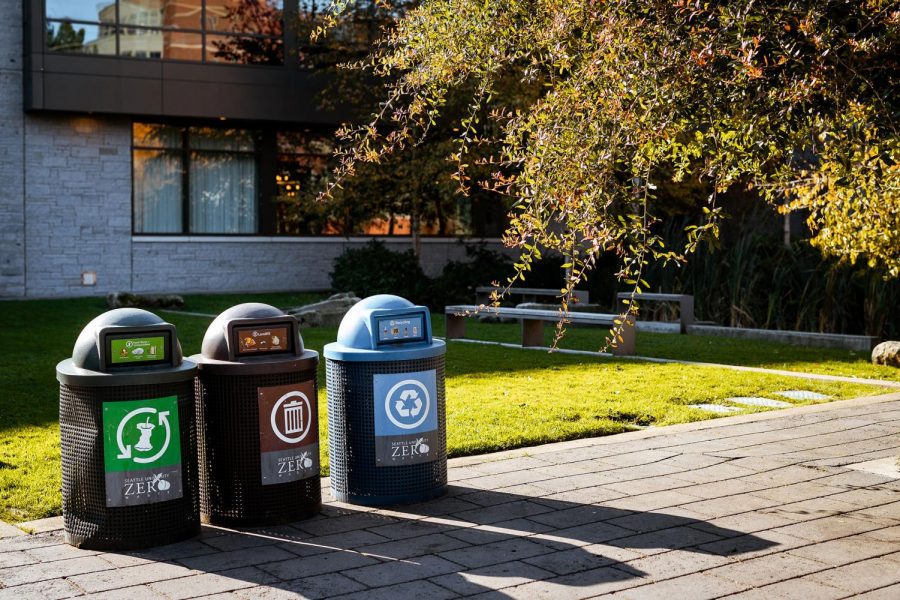Students in Financial Trouble Receive Support From Campus Organizations
Seattle University has moved to virtual learning, the economy has tanked, unemployment rates have spiked and many college students are left wondering whether their college tuition is worth the vast amount of money that they are paying.
In response to changes, students have petitioned for reduced fees and tuition in order to help those who are in more dire financial situations. Provost Shane Martin addressed the reason why tuition has not changed, saying that the costs to run the University still need to be met.
“While the university has moved to virtual instruction, the cost of attendance has not gone down,” Martin said. “If anything, the cost has gone up as we have needed to ramp up our spending on technology.”
The situation is especially difficult for low-income students, as many of the various financial difficulties that come from attending a university have been exacerbated by the pandemic.
The school has announced an emergency fund of a little more than half a million dollars raised from various community members and alumni. That money goes towards students in need when they apply to the fund, where their application is reviewed by a committee within 48 hours.
More than $100,000 has already been distributed to students for a variety of reasons including food insecurity, child care or assistance to the cost of attendance at Seattle U.
Ali Shaw, a second-year sociology and psychology double major and a member of the Students for Economic Justice (SFEJ) organization, commented on the university’s response to the crisis and expressed concern over the timeliness of such.
“We’ve been extremely underwhelmed with the response of the institution towards the risk of the pandemic to students,” Shaw said. “The information was only really published recently about direct financial support while the school has kicked students off of campus for several weeks.”
Jo Bechtold, a fourth-year social work major and member of SFEJ, spoke to some of the issues with the emergency fund and why it might not be enough for vulnerable students.
“The fund is a great start for helping students that need it, but the problem with this type of support is that they require a really high level of revealing financial information,” Bechtold said. “This might discourage folks from applying when they do qualify for the aid.”
Another option for students in need during the pandemic is the Mutual Aid Effort, set up by the SFEJ, a campus organization that works to advocate for low income students and provides a space for both them and their allies to come together in support of one another.
The Mutual Aid Effort aims to connect students that have access to resources like money, food, shelter or even time with those in the community that might be struggling. It allows students to do things like give resources directly or help make grocery runs and deliveries to students.
“There are some things that just money can’t fix, it can’t build a community,” Bechtold said. “People need different things and what we really are trying to do is provide support of all kinds in a way that we can listen to the needs of students and work together.
While the pandemic has caused a lot of disarray on campus, Martin emphasized the importance of keeping with the school’s Jesuit values during the difficult time.
“It’s a time for flexibility. It’s a time for people to be kind to one another, to care for one another. It’s a challenging time for all of us, and within those challenges there are opportunities to come together.”
By coming together in support of one another, we can help to weather the pandemic and make it to the other side, Shaw explained.
“Something that I really hold onto in times of crisis is that the one thing I can always do is help those around me. Doing that is a good way to feel more in control, so spend time reaching out to people, whether it’s directly or through SFEJ and try to stay in the loop. I may not be able to stop a global pandemic but I know how to help make sure someone gets fed this week and that can make all the difference.”











